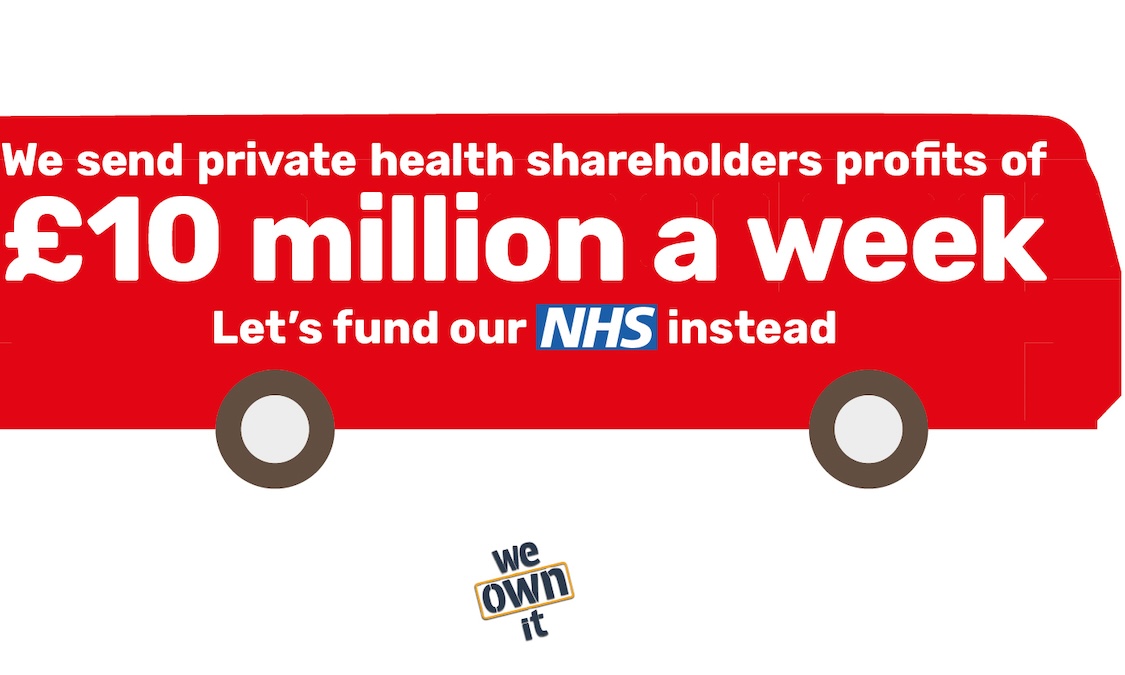As the toll of covid casualties mounts in Britain, the government’s gross mismanagement of the pandemic continues to expose thousands of workers to entirely avoidable levels of risk. Teachers, builders and transport workers are among the very many who are finding themselves under pressure from employers and government alike to take unnecessary risks.
Teachers
Teachers have been struggling against the odds to balance the educational needs of their pupils with the need to minimise the rise of infections, all the while trying to cope with constantly shifting goalposts on what is to shut and what to open, whether or not to hold exams and what to do about school meals.
In an admirable example of collective action, teachers forced the government to abandon its lunatic plan to open up the schools after Christmas, refusing to staff unsafe working environments during the current lockdown.
Yet the government still insists on keeping nursery classes open, and headmasters are reporting that schools involved in offering schooling for vulnerable pupils, or for the children of key workers, are getting swamped by the demand. In some cases, school attendance is running as high as 70 percent of the normal rate.
This situation has been caused by mixed messages from the government as to which employee counts as a key worker and which child counts as vulnerable.
By classifying all children without home access to a computer as vulnerable, nearly two million more children have in theory become eligible for exceptional schooling. This unintended (but entirely foreseeable) result of a little-advertised change in the rules is just one more case of gross incompetence on the part of a government addicted to policy flip-flops and quick fixes.
Builders
Workers in the construction industry do not have the opportunity to work from home and so find themselves under pressure from government and employers alike to keep sites open, even when what is getting built is only essential to expanding the profits of property developers.
An article in the Independent quotes the words of one supervisor who covers several building sites in the southeast. “A lot of the construction industry just feel so let down and forgotten during this second wave. Like most construction workers, we are concerned about losing our jobs or even just looking bad to our companies by calling for sites to close to stop the spread.
“A lot of guys here either don’t feel safe, or, to be honest, don’t care, because if they do not come in they don’t get paid, and not paying bills and putting food on the table is a bigger issue to them.” (‘Let down and forgotten’ construction workers call for pause in non-essential work amid rising infections by Kate Ng, The Independent, 14 January 2021)
The supervisor also pointed out that, even though some sites provide PPE, social distancing just does not happen, neither on the site itself nor on the jam-packed London trains which get many of them to work in the first place.
Another worker quoted in the article sums up the outrage felt by many at being expected to risk their lives just to build luxury homes which they could never possess themselves: “I am working on a site where houses cost on average of £400,000. There is not one form of affordable housing on this site and I feel that the only reason I am working is to fund the corporate greed.
“I do not feel safe at work, I feel as if I am just another number that could be replaced tomorrow.” This has always been true, but the covid crisis is spelling it out now in letters of fire.
Transport workers
The rail union, RMT, is campaigning to improve the safety standards for Transport for London (TfL) employees. The dire state of overcrowding on the Tube was highlighted by a video of hundreds of commuters disgorging from a train at Canning Town – a video which was posted on the internet and rapidly went viral.
The RMT is demanding that only essential work is carried out at this time, with non-essential engineering and upgrade work suspended for the moment. The union insists that only the staff needed to run an essential service should be required to travel to and from work and attend the workplace.
On London buses, too, drivers are obliged to risk their lives daily, whilst penny-pinching management is more interested in running crackpot schemes to squeeze the last drop out of drivers’ working day than it is in minimising health threats.
Here is how Unite explains the latest management brainwave: “Remote sign-on, where drivers begin and end their shifts at bus stops rather than at garages … needs to be scrapped. The practice prevents drivers from using toilets, canteens and rest areas and forces them to interact with more people than necessary – all of which increases the risk of exposure.”
Anyone doubting the severity of the health threats to which the drivers are exposed need only consult TfL’s own figures. To date, 57 staff, of which 42 were bus drivers, have died from covid, and about 10 percent of all staff are either on sick leave or self-isolating.
Covid is a natural disaster, but it takes the skewed priorities of capitalism to turn it into the scale of the calamity now unfolding.













